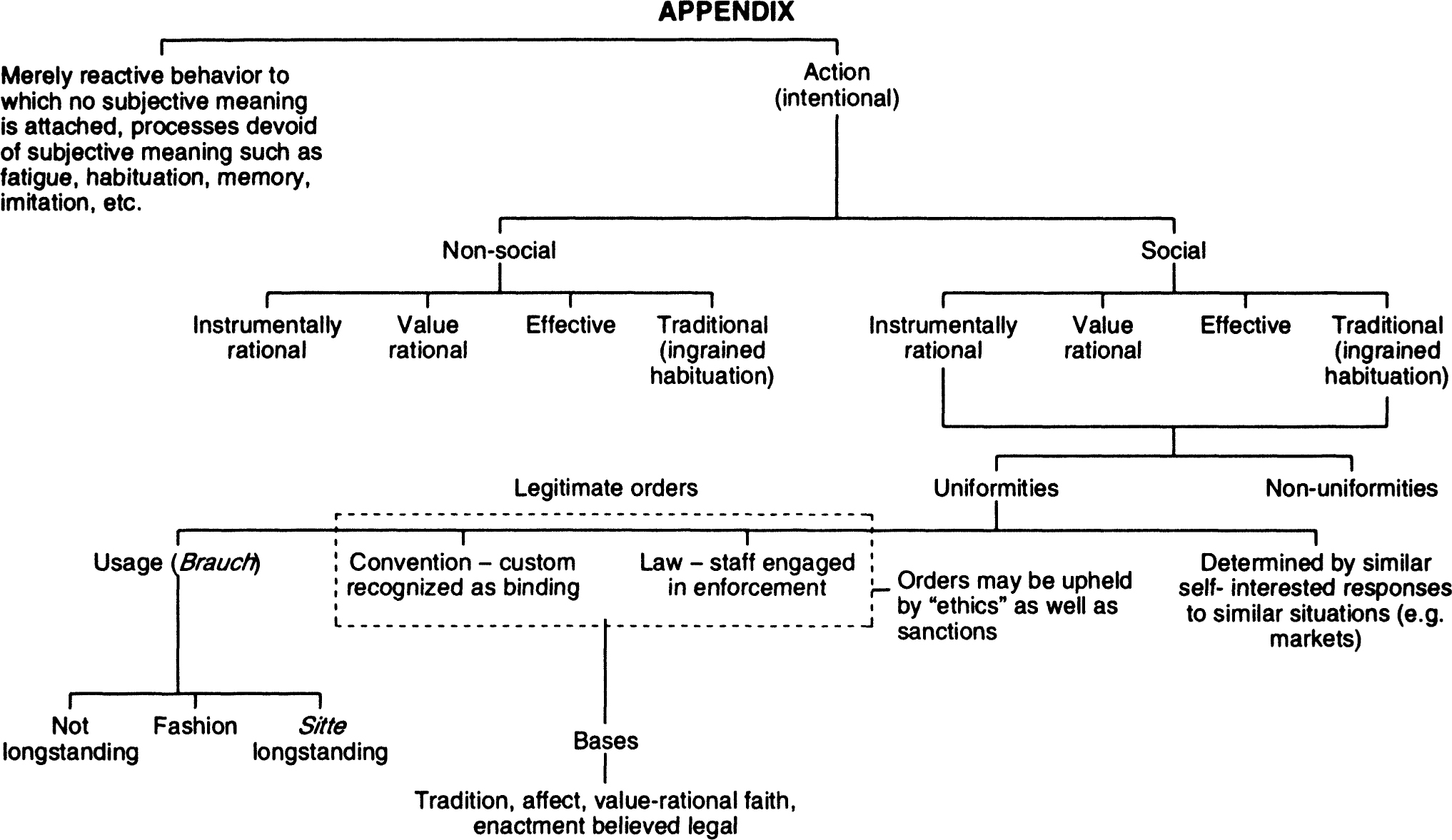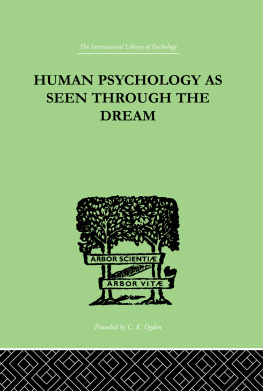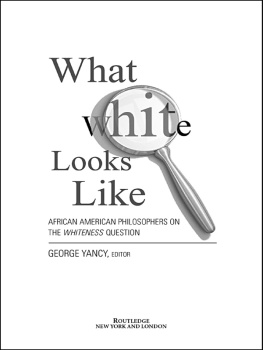Stephen P. Turner - Max Weber: The Lawyer as Social Thinker
Here you can read online Stephen P. Turner - Max Weber: The Lawyer as Social Thinker full text of the book (entire story) in english for free. Download pdf and epub, get meaning, cover and reviews about this ebook. year: 1994, publisher: Routledge, genre: Romance novel. Description of the work, (preface) as well as reviews are available. Best literature library LitArk.com created for fans of good reading and offers a wide selection of genres:
Romance novel
Science fiction
Adventure
Detective
Science
History
Home and family
Prose
Art
Politics
Computer
Non-fiction
Religion
Business
Children
Humor
Choose a favorite category and find really read worthwhile books. Enjoy immersion in the world of imagination, feel the emotions of the characters or learn something new for yourself, make an fascinating discovery.
- Book:Max Weber: The Lawyer as Social Thinker
- Author:
- Publisher:Routledge
- Genre:
- Year:1994
- Rating:5 / 5
- Favourites:Add to favourites
- Your mark:
- 100
- 1
- 2
- 3
- 4
- 5
Max Weber: The Lawyer as Social Thinker: summary, description and annotation
We offer to read an annotation, description, summary or preface (depends on what the author of the book "Max Weber: The Lawyer as Social Thinker" wrote himself). If you haven't found the necessary information about the book — write in the comments, we will try to find it.
Max Weber: The Lawyer as Social Thinker — read online for free the complete book (whole text) full work
Below is the text of the book, divided by pages. System saving the place of the last page read, allows you to conveniently read the book "Max Weber: The Lawyer as Social Thinker" online for free, without having to search again every time where you left off. Put a bookmark, and you can go to the page where you finished reading at any time.
Font size:
Interval:
Bookmark:


INTRODUCTION
This book is about three transformations. The first is biographical: Webers personal transformation from a legal scholar to a social scientist. The second is theoretical: his transformation of the categories of legal science into the basic categories of his sociology. The major thesis this book will document is the claim that Webers basic concepts were taken over and recast from concepts of action and the state, and that the concepts of explanation and abstraction which figure in his methodological writing that had a significant prehistory in the legal writing of his own time had related origins. Among his major sources was the legal philosopher Rudolf von Ihering. There was a paradoxical counterpart to this second transformation, and this counterpart amounts to a third transformation. What Weber found fully developed in Ihering was what we would now call a social theory: in becoming a social scientist he repudiated social theory in its conventional form. This radical aim can be revealed from Webers alterations of Iherings ideas. He stripped from them all the standard explanatory devices of nineteenth-century social theory the idea of collectivities, social forces, human nature and a common human telos , the idea of developmental principles, the idea of an overarching evolutionary process, and so on. But to effect this change Weber relied on tools from legal science, such as its theories of probabilistic causality and its theories of concept formation, and on meta-legal ideas, such as the idea of the law as a scheme of clarified ideal-typical definitions that self-consciously diverged from reality. Webers design the purpose behind his alterations of the legal thinkers of the era can be seen only through a systematic comparison of the texts. The aim of this book is to provide such a comparison.
Although many works have been written on Weber and the law, none of them have grasped either the extent of Webers reliance on the pre-existing legal science literature or his intentions in using this literature. Among the American studies, Anthony Kronmans Max Weber (1983) deals almost entirely with Weber as a sociologist of law, as do such articles as Trubecks Max Weber on Law and the Rise of Capitalism (1972). These studies assume the validity of the sociological enterprise, and do not grasp his challenge to the very idea of social theory or the radical character of his alternative sociology. The European literature is somewhat more diverse. But it too has concentrated on Weber as a founder of the sociology of law. This literature has rarely attempted to shed light on questions of the philosophy of law or on questions about fundamental social science concepts.
One reason for the invisibility of the roots of Webers thought in legal thinking is historical. The socially oriented philosophy of law that flourished in Webers youth collapsed into legal positivism a process that advanced throughout his own lifetime, and with his help. Legal positivism became the defining topic of subsequent philosophy of law. The legal writings Weber criticized came to be seen as exemplifications of what G. E. Moore called the naturalistic fallacy which, in the case of the law, was the fallacy of accounting for the law by concepts outside the law. Writers such as Ihering became part of the prehistory of legal positivism, and were largely unread. They remained unread even after it became clear that the naturalistic fallacy was not so much a fallacy as a debatable form of argument no more troubled than non-naturalism in ethics. In overcoming the inadequacies of legal positivism, it might be argued, the Critical Legal Studies movement and feminist jurisprudence might have profitably returned to these writings and to Webers response to them. But Weber has largely been left out of this literature, and the relevance (and radicalism) of Webers own approach to issues they share was not made clear.
It is perhaps appropriate to ask why the historical connections to the legal science tradition on which our argument rests have not been explored fully before in the secondary literature on Weber. The absence of discussion is indeed startling in view of the fact, evident to any reader of the notes to Wirtschaft und Gesellschaft , that A few years ago, a major conference on Webers context was held under the auspices of the German Historical Institute in London. The papers were later published by Mommsen and Osterhammel (1987). In this huge and apparently comprehensive volume there is no discussion of the sources of Webers thought in jurisprudential theory, the philosophy of law, or (perhaps more astonishing, considering the large portions of Wirtschaft und Gesellschaft that are devoted to the subject) the history of law. Aside from a footnote in the chapter by Hennis, in which he concedes that Among the intellectual connections that are not yet closely investigated are those to the work of Rudolf von Ihering (1987: 53), there is no discussion of legal writers as a part of Webers intellectual context.
Yet there are overwhelming reasons for inquiring into Webers legal sources. Biographical grounds alone are compelling. Webers academic origins were in the law, and his early writings were for the most part published in law journals. One would expect that Webers personal transformation from lawyer to social scientist would leave traces. But Weber did not merely acquire a degree in the law. He was steeped in the intellectual culture of the law. Webers father was a lawyer and politician who served in the German Reichstag from 1872 to 1884 and was a representative of the National Liberal party. The Berlin household in which he was raised was frequented by prominent politicians. At the time, these politicians were concerned with constitutional struggles initiated by Bismarck, particularly the means through which Bismarck had eroded the powers of parliament. Bismarcks claims raised deep legal questions, such as the notion of the supposed gaps in the constitution which Bismarck exploited in order to expand his powers. Academics, including Theodor Mommsen, the doyen of Roman Historical studies whose historical contributions included massive studies of Roman public law and later the criminal law of Rome, were frequent house guests and Mommsen later was Webers academic patron.
Webers formal academic training exposed him to the best of contemporary legal thinking, at a time when legal science was the discipline at the top of the academic hierarchy. He began his university training in Heidelberg in 1882 and continued it in Berlin, Strassburg, and Gttingen. When he entered university studies in Heidelberg he read Ranke and Savigny, representatives of conservative approaches to German legal and constitutional development. In Immanuel Bekkers course on Roman law, a subject in which Weber ultimately was to be habilitated and which was then among the most prestigious of the legal studies disciplines, he was introduced to the work of Ihering (Marianne Weber [1926] 1975: 65; cf. Mommsen [1959] 1984: 4). Later, as a student in Berlin, he attended the lectures of Gneist on German constitutional law and on Prussian administrative law (Mommsen [1959] 1984:11), Beseler on civil law, Aegidy on international law, and Brunner and Gierke on German legal history (Ksler [1979] 1988: 5). In 1885 he began to study for his first-year law exams in Berlin and Gttingen, where he spent a term in lectures by such teachers as von Bar, an important theorist of legal causality. Weber received a Berlin doctorate in 1889, under Goldschmidt and Gneist, for a study of the law of medieval trading companies. His promotion dissertation of 1891 was for a study of Roman agrarian history in terms of land tenure, a problem demanding great legal skills. The work was done under Theodor Mommsen and August Meitzen, an expert on medieval land tenure.
Font size:
Interval:
Bookmark:
Similar books «Max Weber: The Lawyer as Social Thinker»
Look at similar books to Max Weber: The Lawyer as Social Thinker. We have selected literature similar in name and meaning in the hope of providing readers with more options to find new, interesting, not yet read works.
Discussion, reviews of the book Max Weber: The Lawyer as Social Thinker and just readers' own opinions. Leave your comments, write what you think about the work, its meaning or the main characters. Specify what exactly you liked and what you didn't like, and why you think so.






